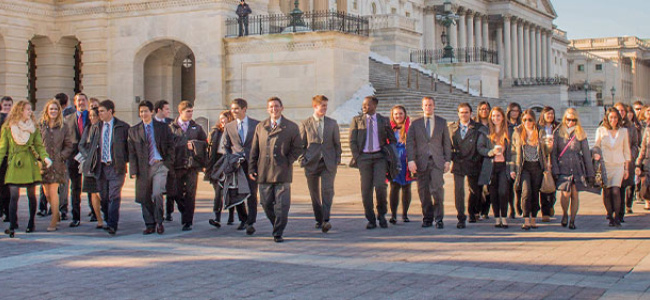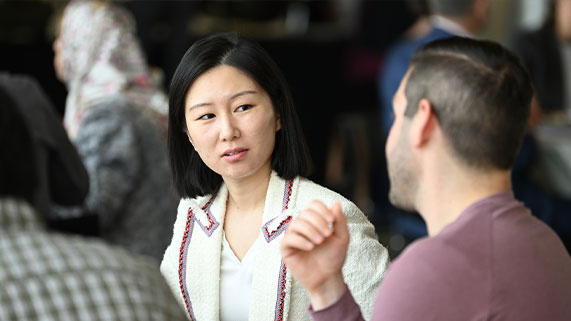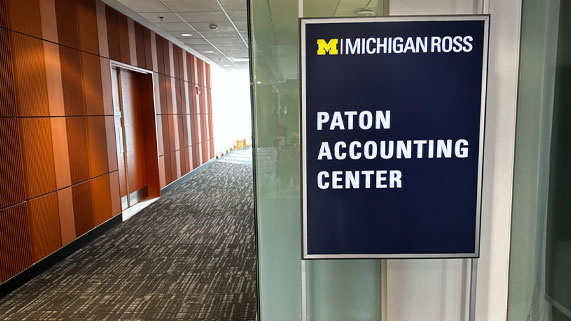
Speaking the Language of Business.
We go beyond the numbers to show how accounting informs and shapes individual businesses, markets, and public policy. Michigan Ross is the birthplace of modern accounting research, and our faculty continue that tradition with groundbreaking work on the latest issues in the field.
Our faculty are experts in both academia and real-world accounting, with many having experience working at Big Four accounting firms.
Christopher Williams, Chair
williacd@umich.edu
Sue Ruehle, Faculty Support Administrator
ruehles@umich.edu
Become fluent in the language of business in our flagship degree programs. Our BBA and MBA programs integrate accounting principles into an education in all the fundamentals of business, while our Master of Accounting Program develops experts in the field.

Accounting PhD Program
The Michigan Ross PhD Program in accounting prepares leading scholars for successful academic careers at top-tier universities. A major strength of the program is the small cohort size and close interaction between faculty and students — including offices located together, a rarity in most business schools.

Paton Center for Research in Accounting
The Paton Center supports theoretical and applied research in accounting by sponsoring conferences and workshops, funding research and student scholarships, and maintaining close relationships with top accounting firms.
The accounting area sponsors a number of events throughout the year, including the Kapnick Accounting Seminar Series, workshops, and conferences.






